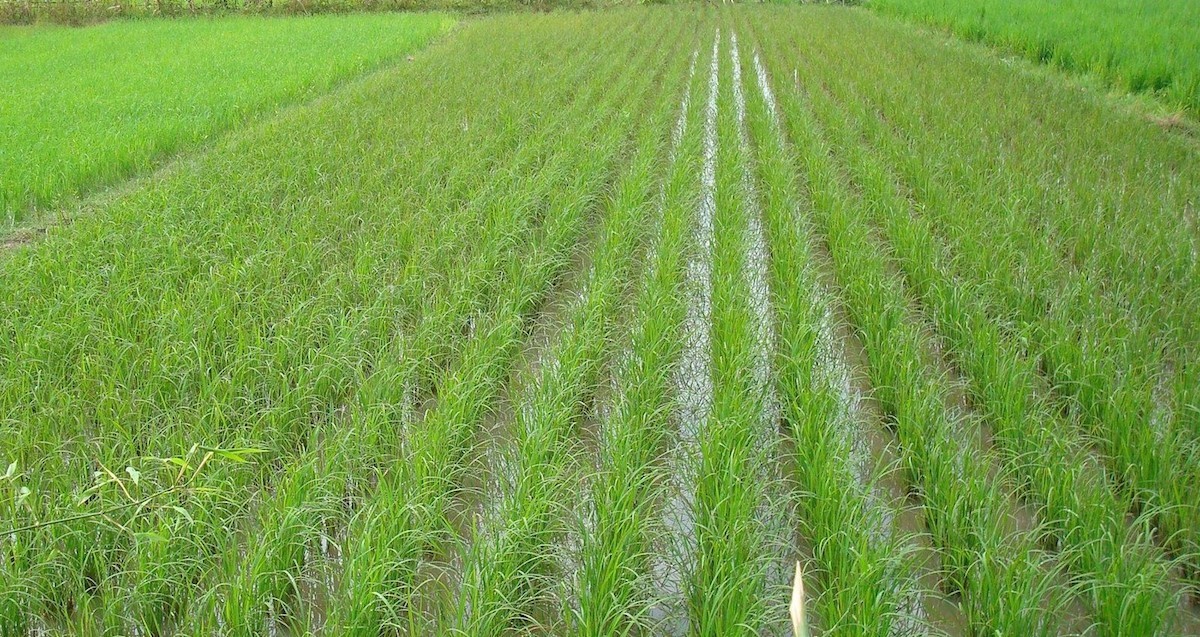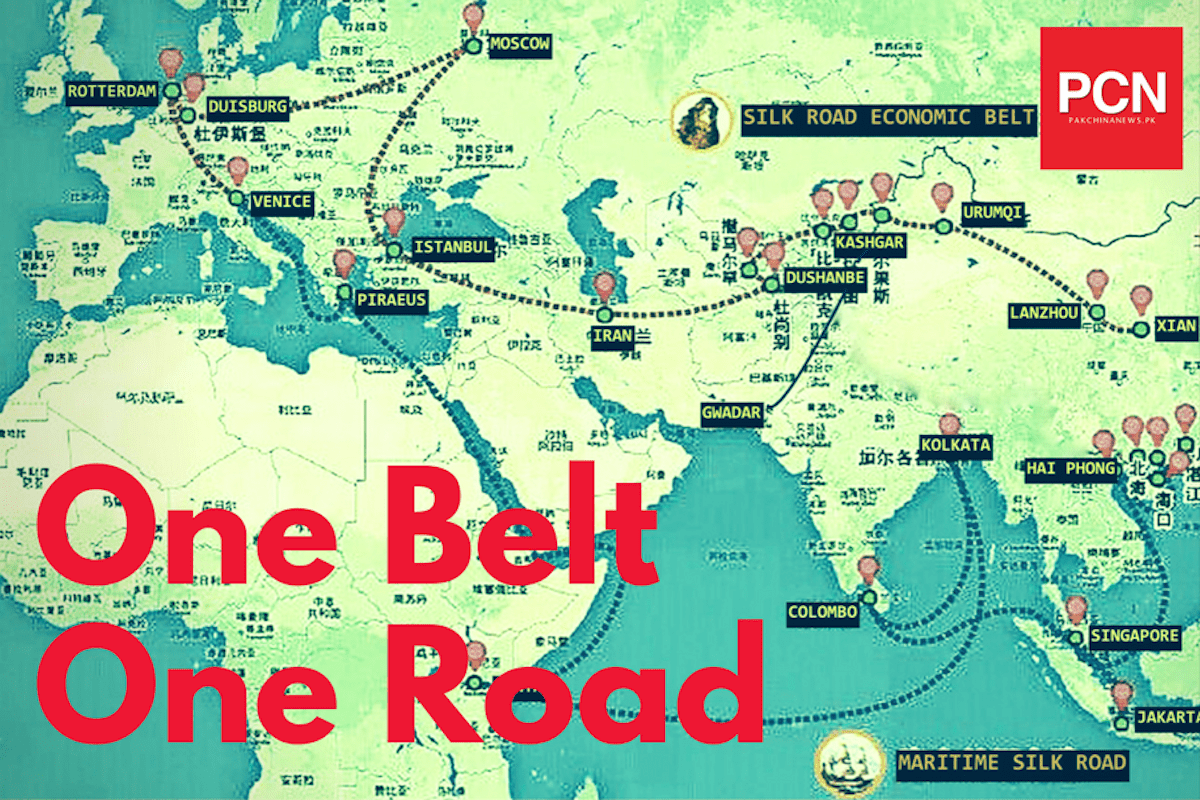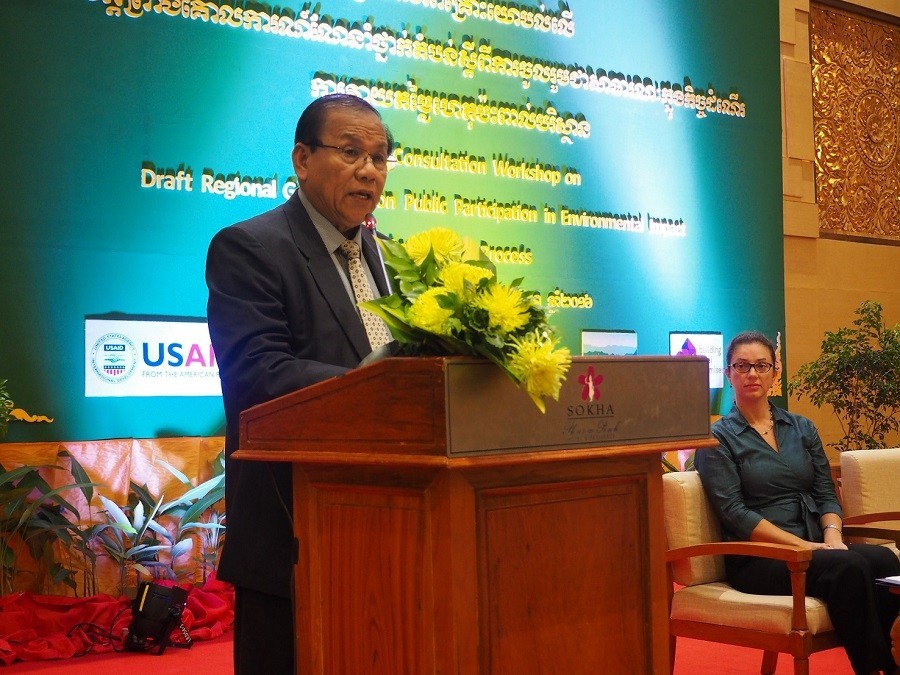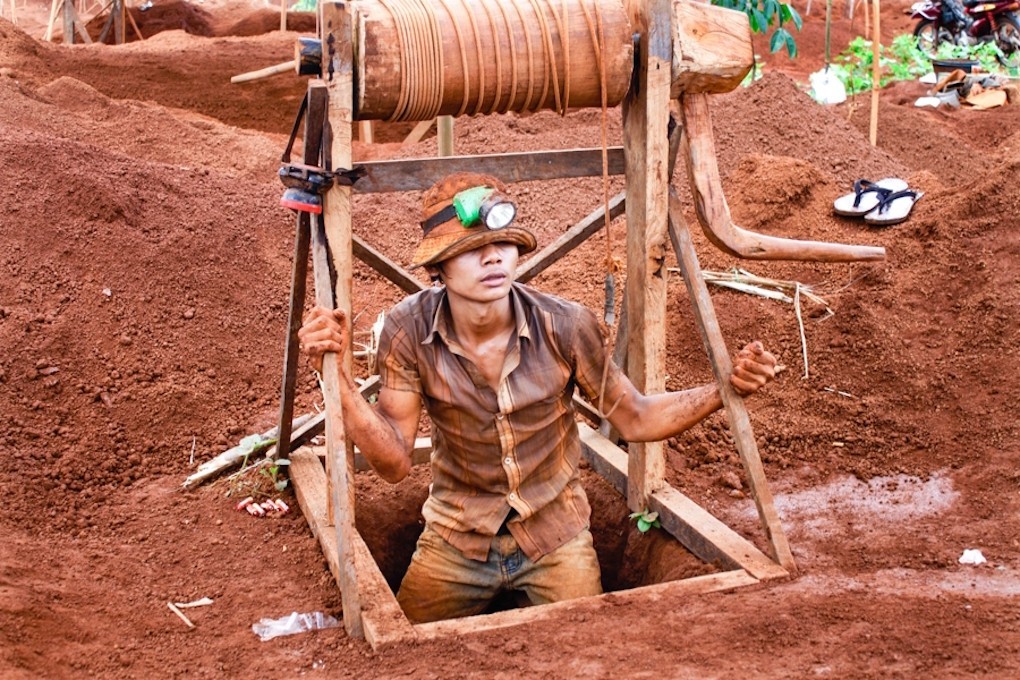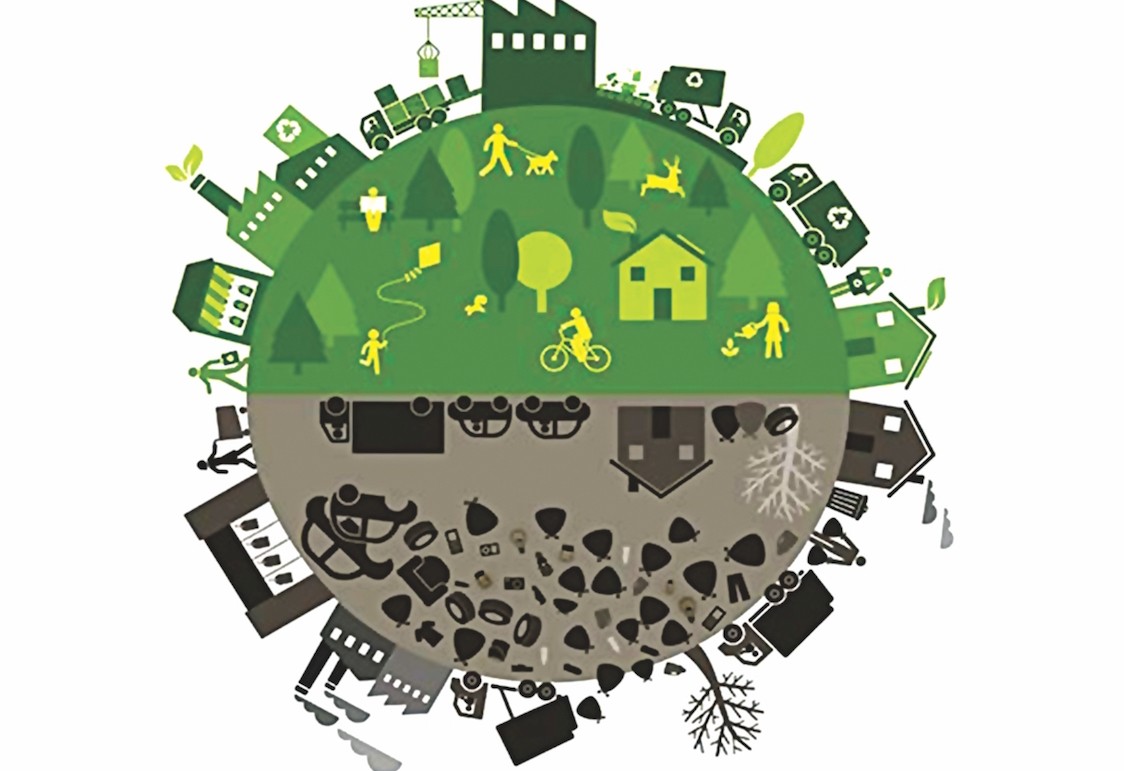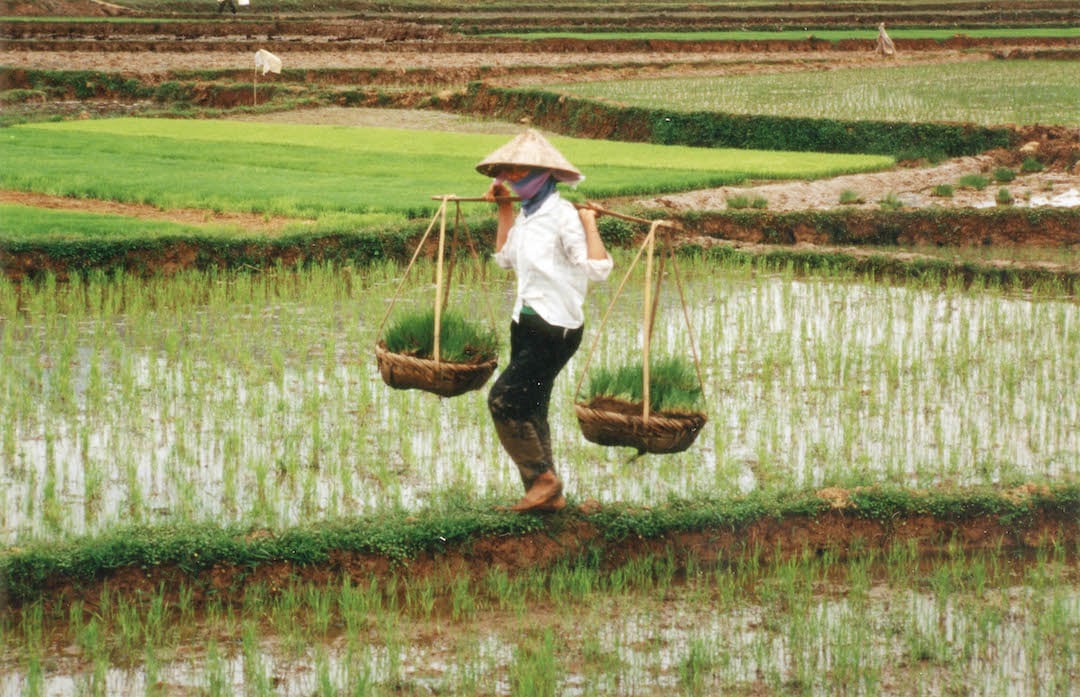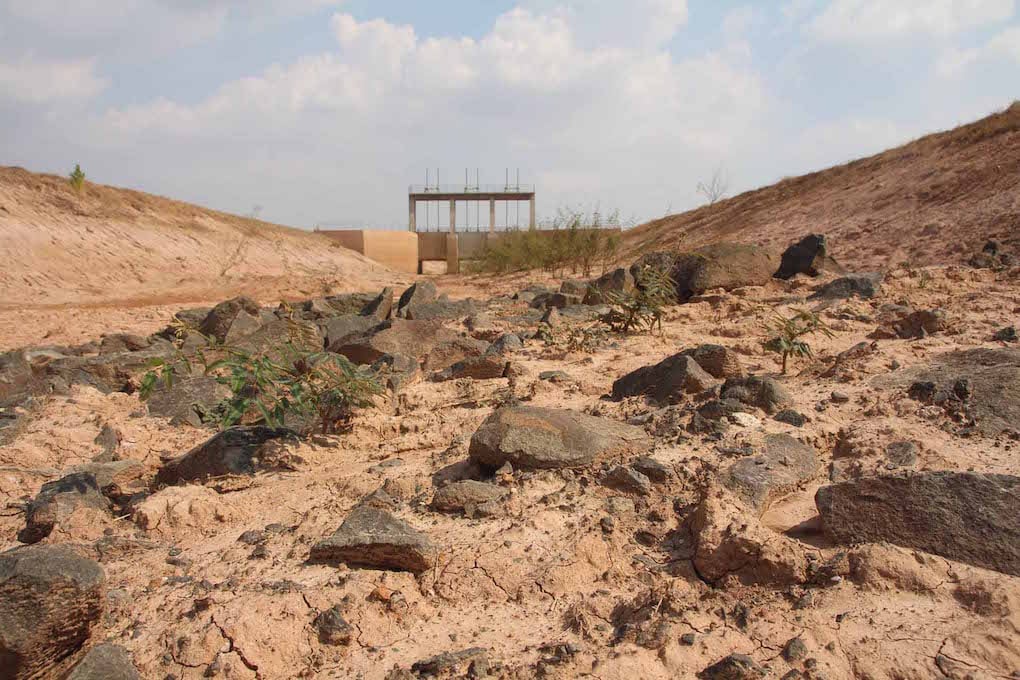While hydropower is considered controversial and attracts increasing amounts of critical scrutiny regionally, especially from international media and NGOs, the irrigation sector is considered more benign and end-user friendly, and thus far has largely escaped much critical scrutiny, even though it is often more likely to fail and have wider ecological implications than hydropower.
Tag: Cambodia
The Real Trouble With China’s Belt and Road
Though Beijing has made inroads in addressing some concerns, the true structural challenges for the initiative remain.
Cambodian government and civil society hold landmark public consultations on infrastructure development
In a landmark move for public participation in Cambodia, the government and non-government organizations jointly held public consultations on regional guidelines to ensure Environmental Impact Assessment (EIA) processes involve affected communities.
Path to Responsible Mining
In an effort to improve the governance of the Kingdom’s mining industry, with a focus on increasing revenue generation, the government has approved 11 articles largely concerning export permits for mined resources.
“Except for uranium and any reactor [related] mining which is banned from being exported, export permits have to be mainly evaluated for the long-term purpose – based on the comparative advantage and benefit to the economy, society and the environment.”
Meng Saktheara, secretary of state at the ministry told Khmer Times yesterday that the sub-decree is complementary to the existing mining law which had been promulgated since 2001.
“This sub-decree is to be used to manage any kinds of mining production except oil and gas. We do hope that the sub-decree sets strong and clear guidelines for the industry that can attract more foreign investors.”
“It provides us with clear mechanisms to manage the industry, as we will automatically allow exports if the product can be processed locally,” he said, noting the importance of adding value to the country’s mined resources.
Last month, the Ministry of Mines and Energy issued Cambodia’s first industrial mining license to Indian-owned Mesco Gold (Cambodia) to start operating an underground gold mine in Ratanakiri province.
According to ministry data, over 20 gold occurrences, 15 base metals occurrences and 26 iron ore and related occurrences have been identified. Work is continuing on some 60 active concessions to further delineate the country’s mineral wealth, with a particular emphasis on gold, base metals and bauxite.
According to the sub-decree, any mined resource which can be processed locally, and therefore boost its “value-added,” will not be allowed to be exported.
“It can be allowed to be exported if it cannot be processed locally due to the impact [it may cause] to the environment or because the amount of product exceeds local demand,” it said.
According to data from ministry, the before-tax revenue from the mining industry has sharply increased. In 2015 the figure was $17.25 million, up from just $4 million the year before.
Cambodia is at the early stages of mineral resource development. As part of a prospective region with a burgeoning exploration sector, the country has an opportunity to lay the foundations for responsible mining.
Action Urged Over Illegal Mining
Rattanakiri provincial authorities were urged by a National Assembly commission yesterday to take swift action against illegal gem mining, which they blamed on infrastructure damage and tax revenue loss.
Speaking after a meeting with provincial authorities at the provincial hall, opposition member Heng Danaro said the province’s tourism sites were being made increasingly difficult to visit due to road and bridge damage caused by illegal mining operations.
What’s the Deal with “Sustainable Banking”?
Citizens in the Mekong region are increasingly hearing about “sustainable banking,” mostly associated with infrastructure and energy projects. It means regional banks, slow to commit to sustainability, are increasingly considering more responsible ways of doing business.
Cambodia recently joined Thailand, Laos, Vietnam, China and 20 other emerging market economies in committing to better environmental and social risk management practices under the International Finance Corporation’s (World Bank Group) Sustainable Banking Network. And just this week, the Association of Banks in Cambodia (ABC) announced an initiative promising to work toward sustainable banking principles for Cambodia, “as ways to mitigate the damage associated with infrastructure, energy and large scale agribusiness projects.”
Banks Commit to Sustainable Finance
Banks in Cambodia will strive to improve sustainability, and integrate environmental and social safeguards into future business decisions, the Association of Banks of Cambodia (ABC) announced yesterday.
At a ceremony at the Himawari Hotel in Phnom Penh, ABC acting chairman Charles Vann said the association was committed to improving the banking sector.
Why silt is so important for the Mekong
Just as forests are more than only trees, rivers are more than water. The Mekong river carries massive loads of sediment and nutrients from upstream to downstream and across national borders, replenishing and enriching the land as it goes. This process is key to sustaining the ecological integrity of the river and surrounding landscapes, which in turn supports the economy.
However, a boom in sand mining and hydropower development on the Mekong is transforming the river’s sediment flows, with profound consequences for the region if left unchecked. For a prosperous, sustainable future for the region, all Mekong countries must come together now and adopt international standards for managing transboundary river resources.
SEZ polluting Bavet canal, villagers say
Villagers living along a canal in Svay Rieng province’s Bavet town say its water has been polluted by untreated discharge from the nearby Manhattan Special Economic Zone (SEZ), rendering it unusable.
Three communes live along the Tapov canal – Bati, Prasat and Bavet – with villagers from the first two saying that they have complained about the pollution since 2015 and that the quality of the water has continued to decline and the smell is unbearable.
The water conflict on the Mekong
Ban Klang is a 400-year old village in Chiang Khan district, Loei province, Thailand. The village, home to more than 1,000 residents, is located next to Loei’s river mouth, connecting the tributary to mainstream of the Mekong River. The village is famous as a peaceful destination for tourists.
However, upon entering Ban Klang in recent times, visitors are surprised to notice banners hanging in-front of residents’ houses throughout the town, declaring “No Si Song Rak water gate here” and “Ban Klang residents do not need Si Song Rak water gate.” These are just examples of the rising water conflict in the Mekong region.


